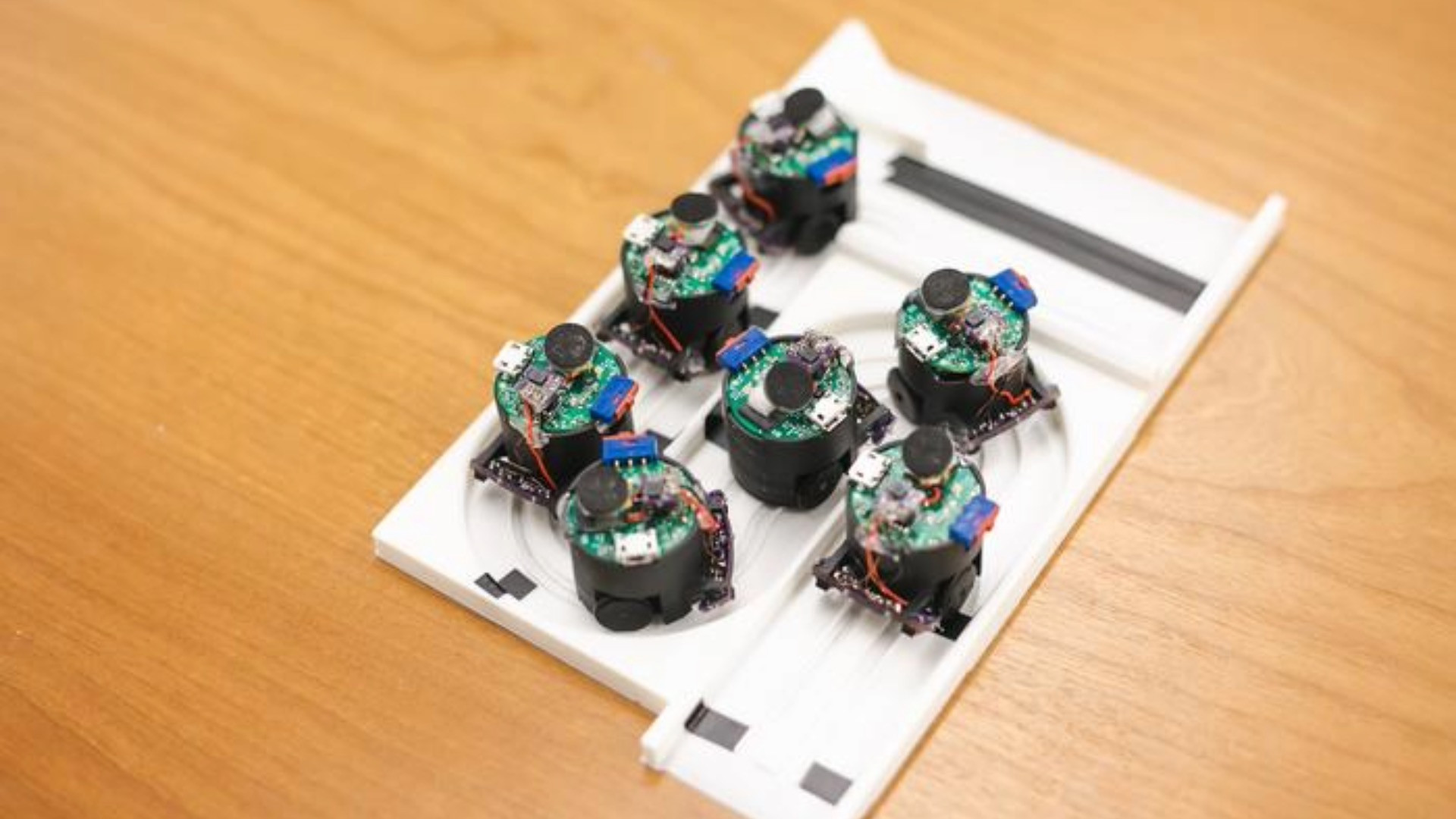- cross-posted to:
- gadgets@lemmit.online
- technology@lemmit.online
- tech@lemmit.online
- cross-posted to:
- gadgets@lemmit.online
- technology@lemmit.online
- tech@lemmit.online
Noise-canceling robots to ‘mute’ loud conversations in cafe | What if we told you that we can actually silence a noisy table right next to us in a café?::undefined



I’ve always thought phase cancellation technology could potentially be crazy revolutionary. Seems these guys know what they’re doing, but the real challenges come with high decibel levels if I remember right.
If you tried to phase cancel out the sound of a jet engine, it would work and you wouldn’t hear it, but you could also have easily just burst your eardrums too, because the sound pressure level is still present, even if the actual sound is inaudible. It’s a crazy phenomena.
Edit: the sound pressure level IS cancelled out by destructive wave interference, but if this is knocked even by a matter of milliseconds, the wave is doubled and that’s not good for anyone.
Also, on retrospect, phenomena was poor word choice. It’s physics.
Wait, what? Doesn’t phase cancellation actually cancel the waves? How can it be inaudible but still present?
The waves are canceled (i.e. gone) until something goes wrong. You could end up accidentally causing constructive interference, in which case you my double the sound’s amplitude.
Thankfully double would only be 3db, and 10db is about a doubling by our perception?
Yes - but 3db is twice the energy, which is what matters when it comes to damaging your cochlea
I feel like this doesn’t happen very often though. I mean I wear sound canceling headphones all the time and I’ve never noticed it accidentally making anything louder. Then again, I don’t normally stand near jet engines.
I wouldn’t imagine noise cancelling headphones would have the ability to output high enough for serious damage. But some people do experience discomfort and pressure when using noise cancelling headphones for the first time, this could be due to a number of factors though.
My noise cancelling headphones make wind noise much louder when it’s really windy.
Yes, sorry, I didn’t phrase that well at all. The sound pressure is actually cancelled out, but with the hypothetical example of the jet engine, anything going wrong could double the dB level instead of cancelling, and because we’re talking milliseconds difference, it would be quite easy to go wrong in this sense.
It can’t double the dBs. It will only add 3 as dBs are a log scale and +/-3dBs is double/half.
Oops, yes, this. A perceived doubling!
Besides what you mention, I have my reservations about ‘crazy revolutionary’. If I remember correctly, noise cancelling only works in one very concentrated spot where the waves are measured and cancelled out. If you move a couple of inches, the cancellation isn’t perfect anymore and does practically nothing. That’s why ANC headphones work well (always right by your ear) but any other open application seems implausible to me.
Absolutely, this is spot on, but if they can find ways to work around this like with these microphone swarms they’re proposing, then there could be a lot more applications for it. Some quite scary.
You’re right. Without a demonstration I don’t believe it works. Could be a misunderstanding on the part of the author trying to interpret what the inventors are saying…
We can start with cancelling my neighbor’s dog at 6AM and work our way up to jet tarmac zen garden.
Wouldn’t this system cause more noise for people on other tables around you?
Yes when the path between the noise and the noise canceling is out of phase the sound will be lower when they are in phase it will be amplified. Their canceling speakers will need to be very directional to stop this from happening